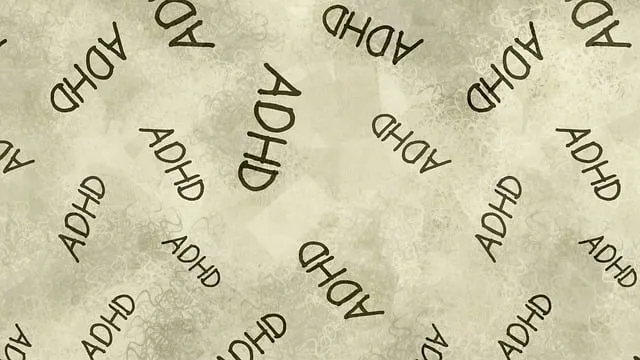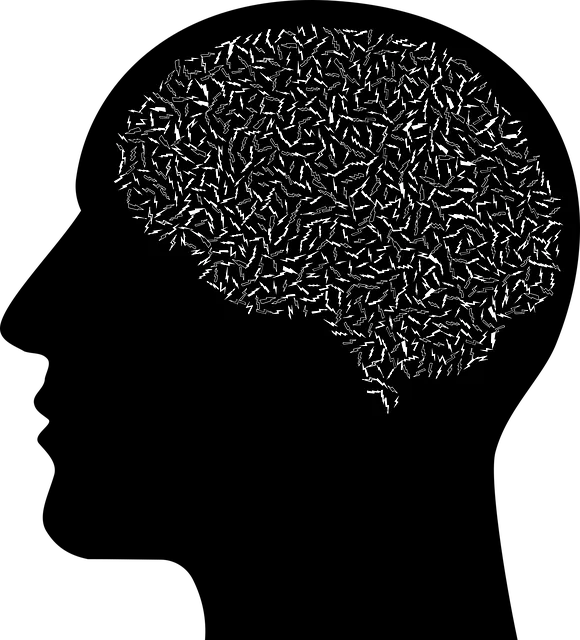Northglenn Kaiser Permanente psychiatry reviews highlight a comprehensive guide to mood disorder management. Recognizing triggers through journaling and self-awareness is key, leading to tailored strategies with healthcare professionals. Cognitive Behavioral Therapy (CBT) is backed as an effective approach for mood regulation, addressing negative thought patterns. Lifestyle modifications, including exercise, sleep, diet, mindfulness, and journaling, significantly impact emotional well-being, as seen in Northglenn Kaiser Permanente psychiatry reviews.
In today’s fast-paced world, maintaining emotional well-being is crucial. This guide explores effective mood regulation strategies backed by expert resources from Northglenn Kaiser Permanente and esteemed psychiatry reviews. We delve into understanding mood disorders, identifying triggers, the transformative power of Cognitive Behavioral Therapy (CBT), and lifestyle modifications that promote balanced moods. By adopting these evidence-based practices, individuals can navigate life’s challenges with enhanced resilience and improved mental health.
- Understanding Mood Disorders: A Northglenn Kaiser Permanente Guide
- Identifying Triggers: Strategies for Recognition from Psychiatry Reviews
- Cognitive Behavioral Therapy: Effectiveness and Techniques in Mood Regulation
- Lifestyle Modifications: Incorporating Healthy Habits for Balanced Moods
Understanding Mood Disorders: A Northglenn Kaiser Permanente Guide

In Northglenn, Kaiser Permanente offers a comprehensive guide to understanding mood disorders, providing valuable insights and support for those seeking to manage their mental health. This resource delves into various aspects of mood regulation, from identifying symptoms to exploring effective treatment options. By addressing common challenges associated with conditions like depression and anxiety, the guide empowers individuals to take charge of their well-being.
The Northglenn Kaiser Permanente psychiatry reviews highlight the importance of professional care in risk management planning for mental health professionals. They emphasize the role of evidence-based practices, such as Mindfulness Meditation, which has gained recognition for its positive impact on emotional balance. Additionally, the implementation of Community Outreach Program Initiatives underscores the organization’s commitment to making mental healthcare accessible and supportive for all residents.
Identifying Triggers: Strategies for Recognition from Psychiatry Reviews

Recognizing triggers for mood disorders is a crucial step in effective management, as recommended by Northglenn Kaiser Permanente psychiatry reviews. This process involves becoming attuned to personal and environmental cues that can impact emotional well-being. One strategy suggested by mental health experts is to maintain a mood journal, documenting daily experiences alongside corresponding feelings. By reviewing these entries, individuals can often identify patterns and correlations between specific triggers and subsequent mood shifts, enabling better understanding of their unique emotional landscape.
Psychiatry reviews emphasize the importance of self-awareness in this regard. Paying attention to subtle changes in behavior or thought patterns can provide valuable insights. For instance, increased irritability after certain social interactions or a return of anxiety symptoms following specific activities could indicate underlying triggers. Encouraging open communication about these observations with healthcare professionals is essential for developing tailored strategies, such as modifying environments, adopting coping mechanisms, and implementing effective anxiety relief techniques, including mindfulness practices and communication strategies to foster support networks.
Cognitive Behavioral Therapy: Effectiveness and Techniques in Mood Regulation

Cognitive Behavioral Therapy (CBT) has established itself as a highly effective approach to mood regulation, backed by numerous Northglenn Kaiser Permanente psychiatry reviews. This form of therapy focuses on identifying and modifying negative thought patterns and behaviors that contribute to mood disorders such as depression and anxiety. By teaching individuals to challenge and replace distorted thoughts with more realistic and positive ones, CBT empowers them to manage their emotions more effectively.
Techniques within CBT include communication strategies for expressing feelings constructively, resilience-building exercises to cope with stressors, and mindfulness practices to enhance present-moment awareness. Through these means, CBT not only provides anxiety relief but also equips individuals with long-lasting coping mechanisms that can be applied across various aspects of their lives. The holistic nature of CBT ensures that it addresses the root causes of mood disorders, leading to more sustainable improvements in overall well-being.
Lifestyle Modifications: Incorporating Healthy Habits for Balanced Moods

In the pursuit of balanced moods, lifestyle modifications play a pivotal role. Northglenn Kaiser Permanente psychiatry reviews consistently highlight the power of healthy habits in managing mental health effectively. Simple yet profound changes like regular exercise, sufficient sleep, and a diet rich in nutrients can significantly impact an individual’s emotional well-being. Engaging in physical activity releases endorphins, often referred to as ‘feel-good’ hormones, which naturally boost mood and reduce stress.
Moreover, integrating practices that promote mental wellness coaching programs development, such as mindfulness meditation or journaling, can foster positive thinking. These activities encourage individuals to develop a deeper understanding of their emotional patterns, helping them respond to stressors with greater resilience. By adopting these lifestyle modifications, Northglenn Kaiser Permanente psychiatry patients can take proactive steps towards enhancing their overall mental wellness and maintaining stable moods.
Mood regulation strategies, as explored through the lens of Northglenn Kaiser Permanente’s guide and supported by Psychiatry Reviews’ insights, offer a holistic approach to managing mood disorders. Cognitive Behavioral Therapy’s proven effectiveness, combined with lifestyle modifications, empowers individuals to take control of their emotional well-being. By understanding triggers, adopting healthy habits, and utilizing evidence-based techniques, folks can navigate life’s challenges with enhanced resilience and balanced moods, ultimately fostering a vibrant tapestry of mental health.






